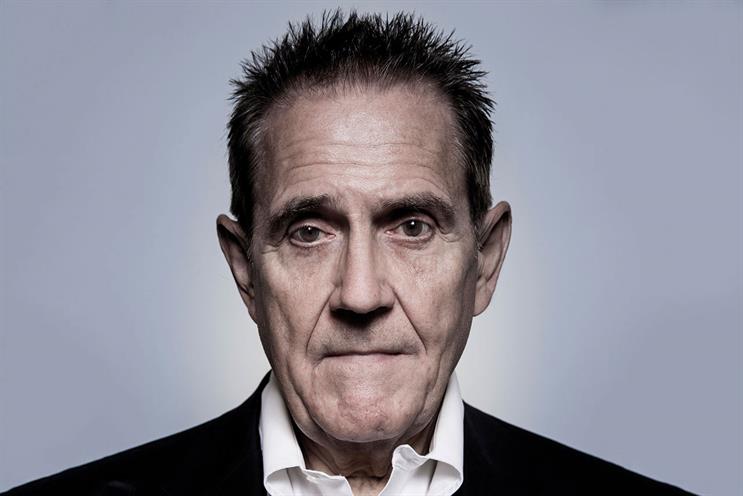Twenty years ago, Subaru was in trouble in America.
It was 22nd in terms of sales, way behind brands such as Honda, General Motors and Volkswagen.
Those brands were so massive they could advertise to everyone.
Subaru couldn’t do that.
It had to choose a target where it would get the most bangs for its buck.
So it looked at its sales charts to see where it sold most cars.
The biggest market was Northampton, Massachusetts.
So that’s where it decided to do its research – it targeted four main groups.
1) IT professionals, 2) outdoorsy types, 3) educators, 4) healthcare professionals.
It gave out questionnaires in the local shopping malls.
The results surprised the company – nearly everyone who owned a Subaru was female, and most ticked the box as "head of household".
Then, the head of the research agency said something that really shocked Subaru.
He said: "I’m gay, and all of the lesbians I know drive Subarus."
Was that accurate information, or just anecdotal?
The company recruited lots of Subaru owners for qualitative groups.
One hundred per cent of the people who turned up were female – nearly all were lesbians.
So Subaru decided to add a fifth group to its targets: lesbians.
Including LGBTQ publications on a media schedule wasn’t new, but targeting lesbians was.
So it had to tread carefully.
To let lesbians know these ads were for them, but without excluding everyone else.
In other words, running ads that not everyone would get.
For instance, the headline on an ad about outdoor sports said: "Get out and stay out."
The headline on an ad about Subaru’s obsession with quality said: "It’s not a choice, it’s the way we’re born."
Plus, there were clues on the cars’ number plates.
XENA LVR was a reference to a lesbian icon, P TOWNIE a reference to Provincetown (a gay-friendly city), and CAMP OUT was, of course, a double entendre.
These ads worked so well that Subaru decided to try mainstream media: TV.
Martina Navratilova became its spokesperson (she had won 18 Grand Slam titles and was openly gay).
Subaru had its best sales that year, ever.
But the ads weren’t universally well received.
One conservative motoring magazine scornfully wrote: "Car buyers should know that Subaru takes its role as the most pro-homosexual car company very seriously."
Subaru received many letters from people saying they would never buy Subaru.
But it checked and none of those people had ever bought a Subaru anyway (some had even spelled the name wrongly), so the company felt safe in ignoring them.
A Harvard case study later wrote that even during the 2006 recession, Subaru was the only car company not to lose market share.
Now Subaru sponsors gay pride parades, and a rainbow credit card.
It gives millions to HIV/Aids research and was a founder sponsor of LOGO, the LGBTQ-themed cable channel.
Because of its targeting, Subaru is now nicknamed Lesbaru in America.
But Subaru doesn’t mind.
Smart targeting helped it double its brand share over 10 years.
There’s a line I love in the film A River Runs Through It: "Talent hits a target no-one else can hit. Genius hits a target no-one else can see."
Dave Trott is the author of Creative Mischief, Predatory Thinking and One Plus One Equals Three.


